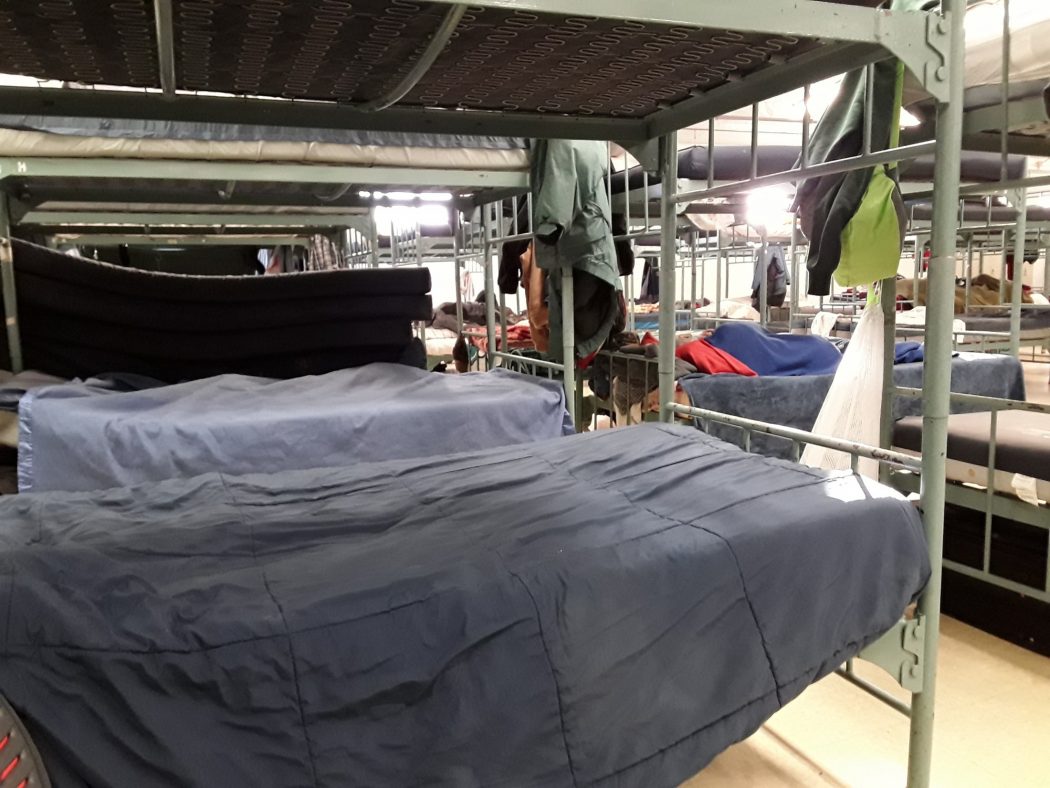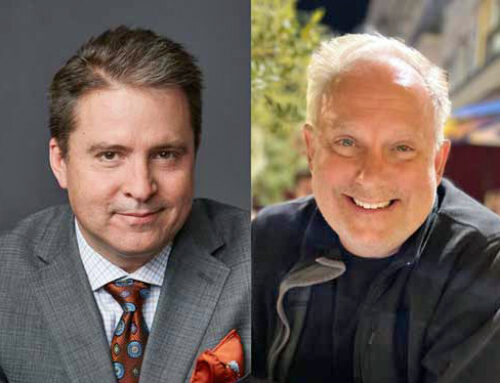
Bunks in a homeless shelter. Getty Images
“Let the faith community pick up the slack.” That’s the mantra of some who see social services as a function of charity rather than taxes.
The Dallas City Council recently debated this issue while discussing the city manager’s proposed budget. To strengthen the public safety portion of the budget — increases for police and fire departments — he proposed a third-cent tax increase that would mean about $8 per year on a home valued at $300,000.
Because market values have risen sharply in recent years, some council members fought the increase, seeking instead to hold the tax rate steady and reduce the social services portion of the budget as an offset.
The city manager revised his proposal, and the tax rate remained the same. Social services kept much of their funding.
Public safety is crucial to thriving communities. Having a sound public safety sector is good for everyone. It also takes up 60 percent of the budget.
The social services sector is significantly smaller by comparison. It addresses inequities in our city that are the inevitable product of a market-driven economy — disparities that imperil the quality of life for senior citizens, the disabled, the homeless and the poorest among us.
Dallas’ investments in social services are not mere taxpayer-funded charity. They are strategic attempts to provide opportunity for growth where the market has failed and to make wise expenditures that will save tax money in the long run.
For instance, the cost of one homeless person in Dallas is about $35,000 per year. That includes recurring costs like calls to police, shelter stays, jail time, emergency room visits and drug and alcohol treatment. We can save about $22,000 per chronically homeless person per year by directing them to permanent supportive housing units.
This “housing first” strategy gives them a safe place to live in a community with support and accountability.
Part of the budget is dedicated to shifting toward that cost-saving strategy. Cutting that portion of the budget ends up costing more, not less.
But maybe the faith community could pick up that cost. Consider this: Dallas had 4,538 homeless persons at one point this year. Is it realistic to ask congregations of all faiths to make a dent in homelessness to reduce the cost to taxpayers?
If we asked the faith community to move 200 homeless persons into supportive housing next year, churches would need to raise an additional $2.5 million in tithes and offerings at a time when charitable giving is down everywhere — due, in part, to income tax reform. That doesn’t account for medical, dental and mental health care, assistance for refugees and countless other services that make our city welcoming and well.
Religion provides a moral conscience to our communities. It does not replace the duty of every neighbor helping every neighbor flourish. The faith community will do its part, but we need the City of Dallas to join us in making the city whole.





